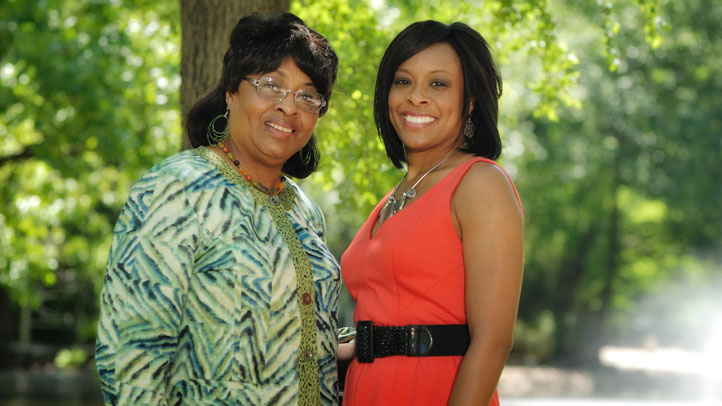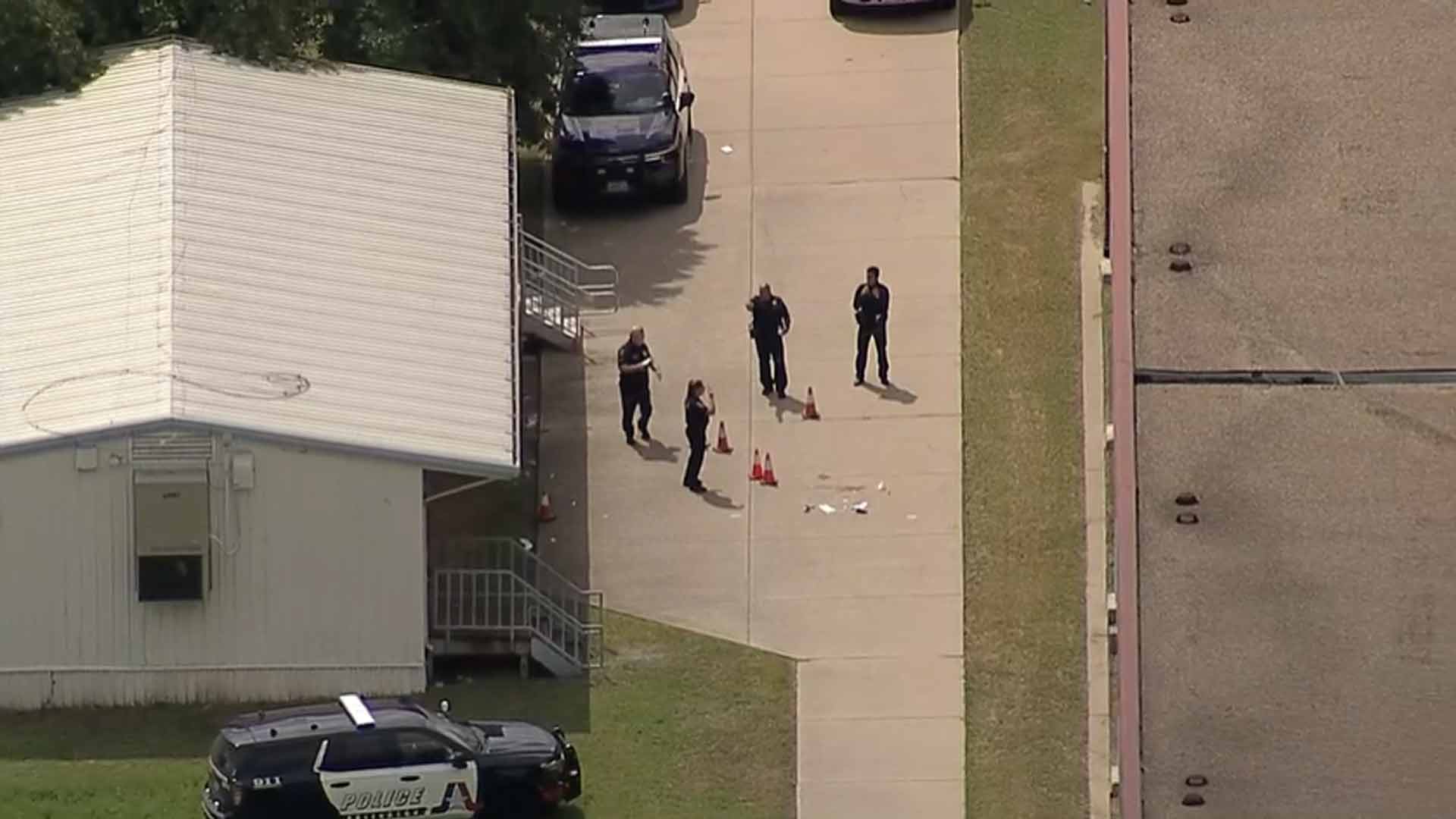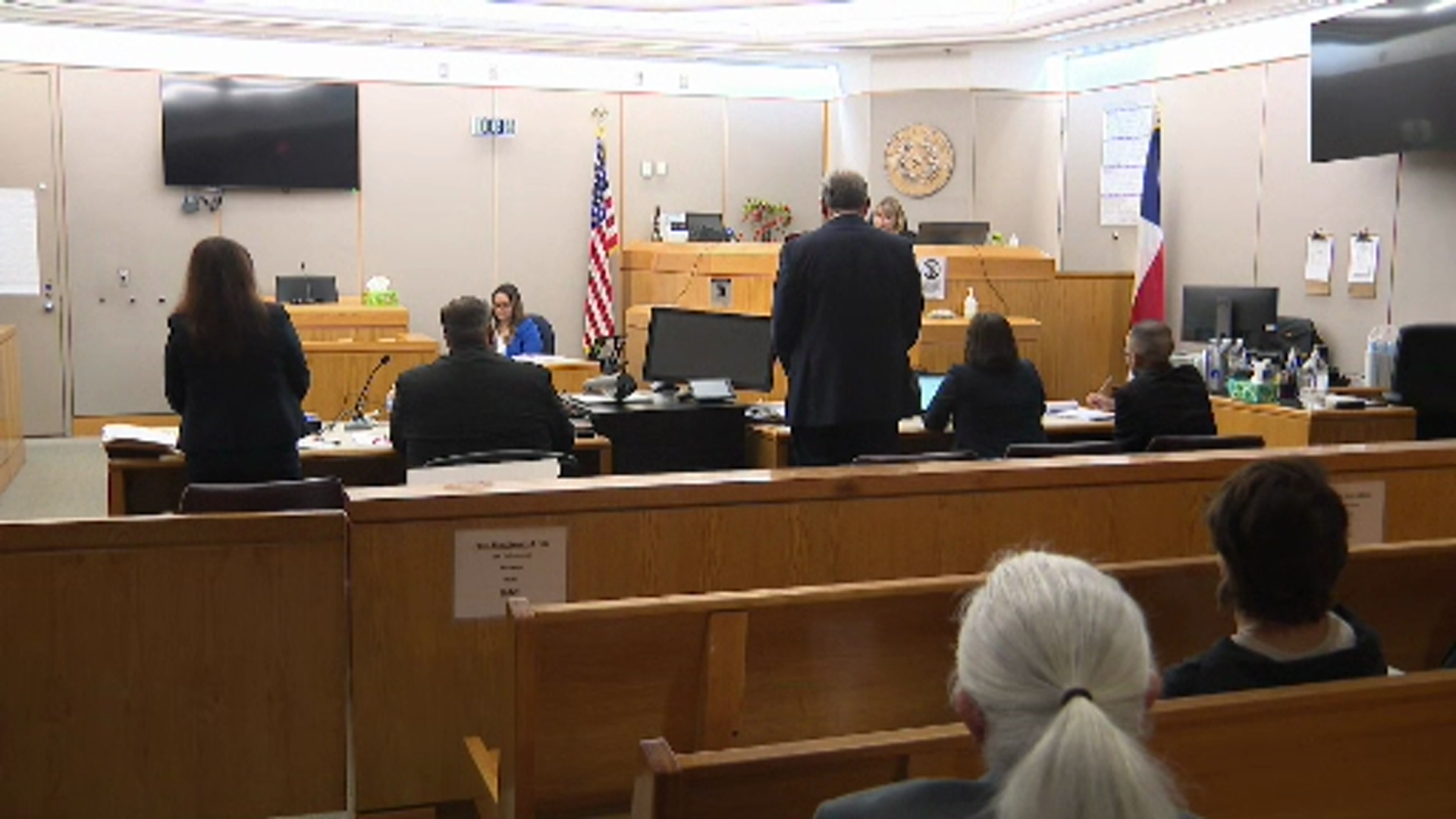On Thursday, a Dallas woman will receive a kidney donated by her daughter, NBC 5 anchor Kristi Nelson.
Helen Nelson, who turns 70 in November, needs a kidney because the two she has are failing. One is needed to live.
"Doctors tell you it's generally either high-blood pressure or diabetes," she said. "They tell me in my case, it's probably diabetes."
The Nelsons are sharing their story to educate people about kidney disease and organ donation.
"I woke up one morning and thought, 'What am I worrying about? This could make her life so much better. It will improve her life. What else is there?'" Kristi Nelson said.
8,300 Texans need transplants
Helen Nelson is among the more than 8,000 people in Texas who need a kidney transplant.
Chronic kidney disease is a serious public health problem. A task force that looked at the issue in Texas found the number of new cases of CKD and patients on dialysis continue to escalate, yet many Texans don't know they are at risk.
"Kidney disease is a very serious condition, but usually you don't have symptoms until you're almost losing 50 percent of your function, so you're right, a lot of people are not as aware," said Dr. Lauren MacDonad of Dallas Nephrology Associates.
The End-Stage Renal Disease Network found that almost 44,000 Texans received dialysis or had a kidney transplant in 2008.
The Dallas-based organ bank Southwest Transplant Alliance reports that more than 8,300 Texans were waiting for a new kidney on Aug. 1.
Local
The latest news from around North Texas.
Facing dialysis with a smile
Helen Nelson's diabetes surfaced 20 years ago and set her on a course for chronic kidney disease.
She learned in early 2010 that a machine would have to do what her body couldn't. She started dialysis treatments in March of that year.
"I do what I can," she said with a smile. "I'm not going to stop, I can tell you that."
Three times a week, she takes her smile, determination and patience to Fresenius Medical Center Redbird.
She sits in the waiting room with several other patients, and they catch up on daily happenings, share stories of aches and pains and wait for their treatments.
"You just have to wait, and I don't worry about it," Nelson said. "It's OK. My middle name is patience. Why rush?"
Her positive attitude gets her through a treatment day that can stretch for six hours. She brings a bag packed with Find-A-Word magazines, an e-reader with her favorite books and a few snacks.
She also has a pillow and blanket for comfort as she settles into a leather recliner for treatment.
For four hours, a machine does what her kidneys can't. Tubes in the arm or chest pump blood from the body into the dialysis machine. The process cleans the blood, removes extra fluid and controls the body's chemistry.
"Of course, this is not a cure," Nelson said. "This is just a help. Now this machine can't possibly do what your kidneys does, but it's the only help you have."
Donyette Bell, the clinic manager, said dialysis extends patients' lives.
"Without dialysis, they would die," she said. "This is a life-saving treatment that is absolutely necessary if you have kidney failure."
But it comes with side effects -- fatigue, low blood pressure, nausea, headaches and infections.
And three days out of the week, Nelson does nothing else.
"This takes a lot of your day," she said. "On this day, it takes your whole day because when I leave here, you're not able to do anything."
Bell said dialysis is a big physical and psychological adjustment.
"They've just had this major alteration in their lifestyle," she said. "Their family has to adjust. They have to adjust. And where we come in as a medical team, we help to smooth that transition by giving them the best care we can, by explaining to them all the options that are out there."
Reaching a decision
Nelson and her family learned a year and a half ago that a kidney transplant was her best option. She remembers the conversation went like this: "Hey, y'all. I got kidney disease. I need a transplant. Who [is] going to give me a kidney?"
Kristi Nelson, 40, the youngest and healthiest of her parents' four children, knew she'd be the likely candidate. But reaching the decision to donate took her some time. She went through a range of emotions and, as reporters do, asked many questions.
She said she finally made up her mind after realizing she had the power to help her mom have a better life, to end her numerous hospital trips and days of long treatments and discomfort.
"I want to get it over with, and... I want her to have to stop doing this," Kristi Nelson said as she visited her mother during a dialysis treatment.
Her mother said she never asked any of her children to be a living donor and was shocked to learn her daughter was a match.
"Going into surgery and giving someone a kidney -- that is a big, major step," she said. "I'm her mother, but giving someone a portion of your body is a different thing. And when you're young, you've got life to live. You can live with one kidney, but that's something you've got to get in your mind -- that I'm going be OK and I can do without it -- so it's a big step for anyone, not because she's my baby, not because she loves me. She still had to make up her mind to do it."
Coming full circle
The Nelson women have a strong relationship built on mutual respect and love. They share so many physical traits, the least of which is the dimples that cut deep into both cheeks when they smile.
In a sense, their relationship will have come full circle with the transplant operation.
"She made this kidney," Kristi Nelson said. "She actually created it, and she gave me life and, you know, it's the least I could do to have her have an improved life."
"Yes, I gave her life, and now she's giving me life," Helen Nelson said. "That's really the bottom line. That's it; sure is."
 |



